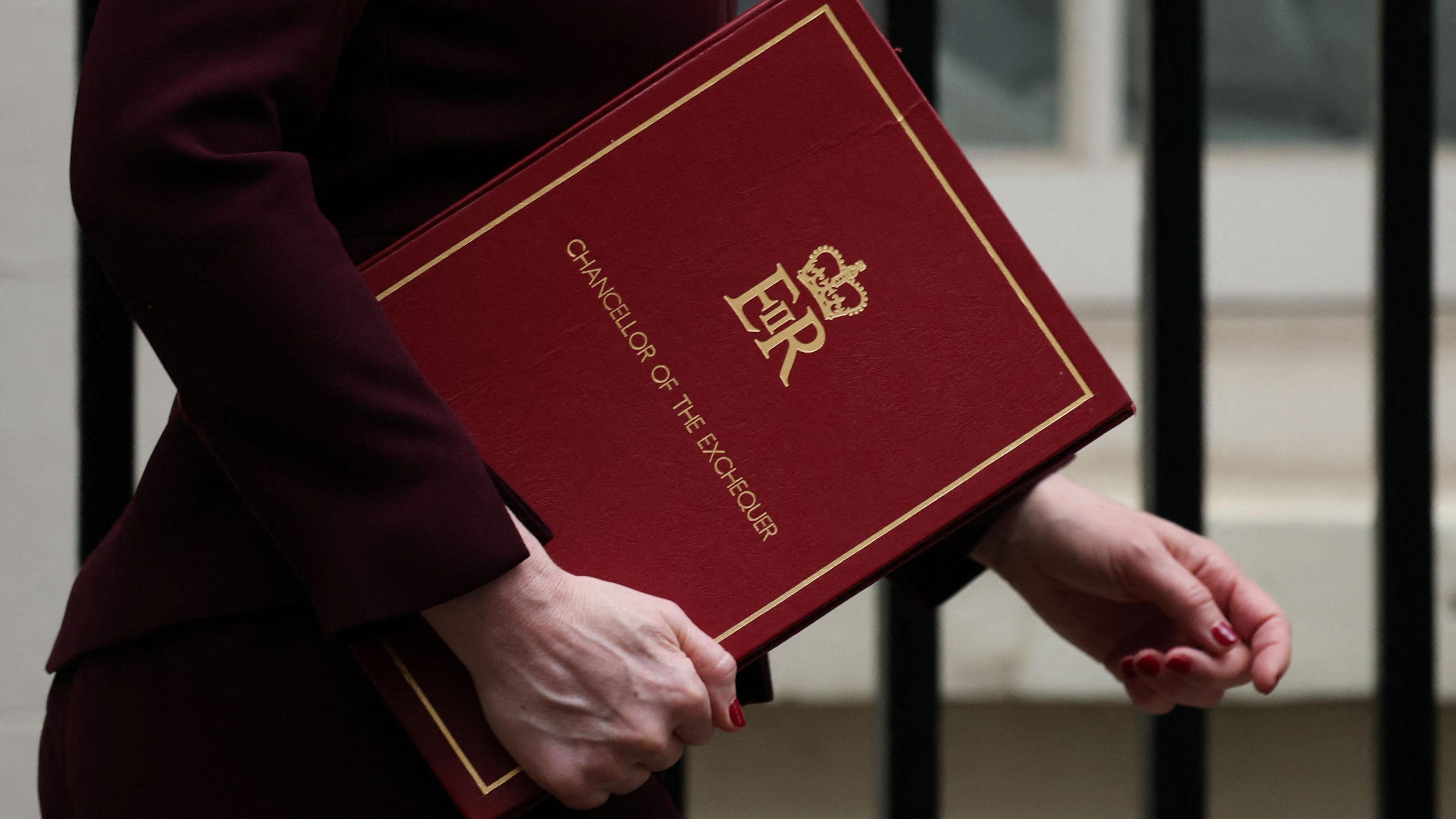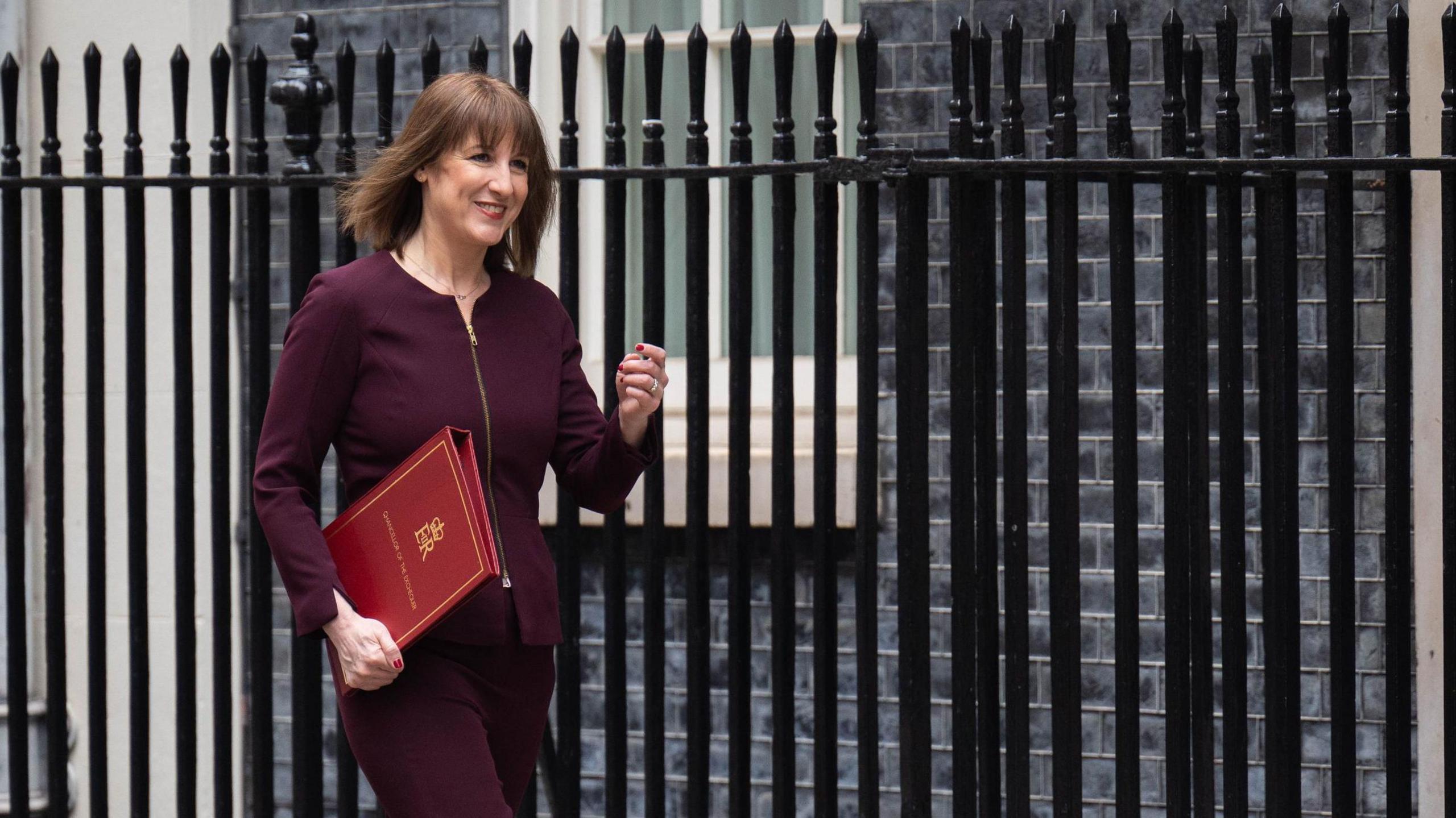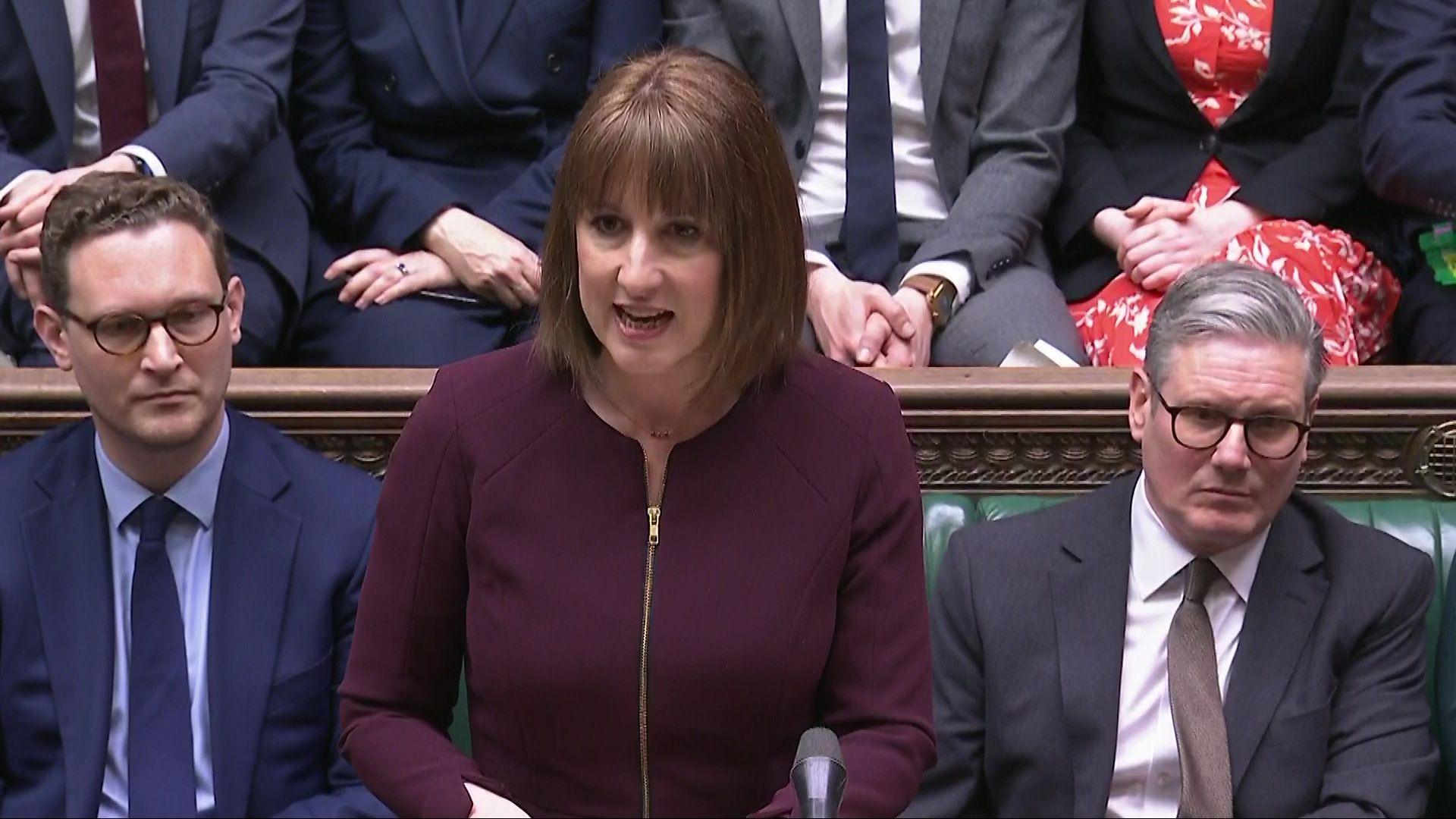What is the Spring Statement?

- Published
This week, you might hear lots of people talking about the Spring Statement.
The statement outlines the amount of money the government has to spend, and what it will be spent on.
Every year, usually in the autumn, there is a main budget which announces where money will be spent on and how it will be raised.
The Spring Statement, usually delivered in March, is separate to this and reports on the state of the UK's finances and announces any changes to government spending.
Find out more about this year's Spring Statement and what the big announcements were.
More stories like this
Government asks for young people's views on what matters to them
- Published6 March
'I don't want my children breathing dirty air', says Prime Minister Sir Keir Starmer
- Published29 November 2024
Three things we learned from the Budget
- Published31 October 2024
Who is the chancellor of the exchequer and what do they do?

Rachel Reeves has been the Chancellor of the Exchequer since July 2024
The chancellor of the exchequer, often just called the chancellor, is a member of parliament (MP) chosen by the prime minister to make decisions about how the government spends and raises money.
The current chancellor is Labour's Rachel Reeves.
The chancellor announces both the Autumn Budget and Spring Statement in Parliament.
What has the government announced in the Spring Statement?
Chancellor Rachel Reeves spoke about putting more money into projects like building houses across the UK.
The chancellor said that by funding training of construction workers to build homes she hoped it would lead to "housebuilding reaching a forty year high".
Reeves also announced an increase to the defence budget - money spent on things like armed forces - of £2.2bn.
The chancellor said that £1bn would be used to help people find jobs and get back into work, but that there would be a £4.8bn cut from welfare benefits.
Shadow Chancellor Mel Stride, of the Conservatives, said that "prices are bearing down on households and businesses across the country because of her (the chancellor's) choices".

Chancellor Rachel Reeves speaks in the House of Commons, where MPs debate new policies and legislation
What is welfare?
Welfare is a set of government policies that are designed to provide help to people who may not be able to support themselves financially.
The welfare budget is a pot of money used to fund these policies.
This includes benefits like child benefit, which is paid to some parents.
Disabled people can apply for financial support - or money - from the government to help pay for extra costs that might come from their disability.
These are called disability benefits, and could include payments to help with everyday tasks or getting around.

Disability benefits may be used to help people with things like mobility scooters and wheelchairs to help them get around
What are the arguments about welfare?
Speaking to the BBC ahead of the Spring Statement, Chancellor Rachel Reeves said that the government had to take "difficult decisions" and that the welfare system is "in bad need of reform".
Announcing the cuts to welfare benefits today, the chancellor said: "We believe that if you can work, you should work.
"1 in 8 young people are not in employment, education or training. If we do nothing, we are writing off an entire generation."
During the chancellor's announcement, demonstrators gathered outside parliament to protest against the changes.
The leader of the Liberal Democrats, MP Sir Ed Davey, said: "These cuts will be a double whammy to the most vulnerable, hitting disabled people who cannot work while slashing support for the loved ones who care for them."
In his general response to the chancellor's spring statement Shadow Chancellor Mel Stride said "we are all poorer" and "weaker" because of Rachel Reeves' policies, adding that she has made all the "wrong choices".
